“The obvious recommendation is that everyone should stay home,” Ohio Governor Mike DeWine appealed to Ohioans at a joint media briefing on an expected winter storm in the state on Friday, December 23 and Saturday, December 24, 2022.
“Significant dangers come from driving on the road. The temperature will be falling very quickly. Because of the decreasing temperature salt will really not work well on the roads.”
As a winter storm moves toward Ohio just in time for the busy holiday weekend, the Ohio Emergency Management Agency (EMA) is keeping in constant contact with the National Weather Service and state partners. The Ohio EMA team will continue to monitor the approaching winter weather system and stands ready to provide resources and support to our partners across the state, if needed.
“I encourage Ohioans to take this winter storm seriously, and update your emergency preparedness kit with food, water, medicine, and other essential items,” said Ohio Governor Mike DeWine.
“I also encourage Ohioans to make a list of people to check in on, especially during the Christmas holiday weekend.”
With the predicted snowfall totals, potentially high wind gusts, dangerously low temperatures, and wind chills, it’s important for Ohioans to prepare before, during, and after a winter storm.
Some preventative actions to take include protecting water pipes. When the weather is extremely cold, allow cold water to drip or stream from the faucet served by exposed pipes or pipes along exterior walls. The running water helps prevent pipes from freezing.
Check on your neighbors and family members. Ensure they have adequate heating and enough food and water to withstand the cold weather.
Check on older neighbors to make sure that they have enough food, medicine, and water to get through the expected bad weather and encourage them not to go out in it.
Be cautious of carbon monoxide danger. Carbon monoxide is the leading cause of accidental poisoning deaths in the United States. When using alternate heating sources, the danger of carbon monoxide poisoning rises. All homes should have working smoke and carbon monoxide detectors.
Symptoms of carbon monoxide poisoning include headaches, fatigue, dizziness, shortness of breath, chest pain, nausea/vomiting, confusion and drowsiness or unconsciousness. If you or anyone in your home are experiencing any of these symptoms, or your carbon monoxide detector’s alarm sounds, leave the home immediately and call 911. Carbon monoxide is a colorless, odorless gas that can kill you, your family, and pets.
Understand generator safety. Generators can be helpful when the power goes out. It is important to know how to use them safely to prevent carbon monoxide poisoning and other hazards. Generators and fuel should always be used outdoors and at least 20 feet away from windows, doors, and attached garages. Install working carbon monoxide detectors on every level of your home.
Bring your pets indoors and out of the cold. Animals need protection from the severe cold, so do not allow your animals to stay outside overnight during extremely cold temperatures. Be sure livestock have warm shelter and access to unfrozen drinking water.
If going outside, bundle up and dress in layers. Limit your time outside. Try to have as little skin exposed as possible. Know that frostbite can occur on exposed skin in less than 10 minutes. Symptoms include a loss of feeling and a white or pale appearance in fingers, toes, ear tips, and the tip of the nose. If you see signs of frostbite, seek medical care immediately.
Also, know the signs of hypothermia. They include shivering, exhaustion, confusion, fumbling hands, memory loss, slurred speech, and sometimes drowsiness in older adults and children. In infants, symptoms can include bright red or cold skin and very low energy. Dress babies and children appropriately for the cold. If you notice anyone exhibiting signs of hypothermia, seek medical attention immediately.
If you’re traveling, make sure you have a winter emergency kit in your vehicle. Items include flashlight, extra batteries, tools, high-energy snacks, bottled water, car charger for cell phone, extra jackets, gloves, hats, blankets, tools, and battery jumper cables.
Call #677 if you need roadside assistance. And remember: Ice and Snow, Take it Slow.
“Coordination with our state and local partners is of utmost importance when a winter storm is predicted to impact Ohio,” said Ohio EMA Executive Director Sima Merick.
“I appreciate the partnership from our response partners and truly appreciate the strength of response that each of our partners brings to the table.”
Support the New Americans magazine to continue to serve our community with precise news that affect the new American, immigrant and refugee community. https://paypal.com/donate/?hosted_button_id=8LHFS78NRNJJY&source=url








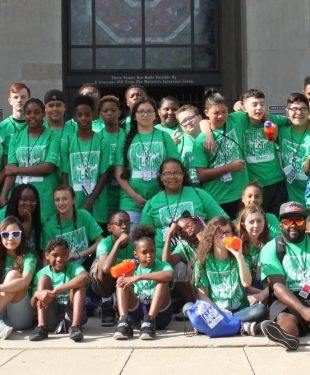

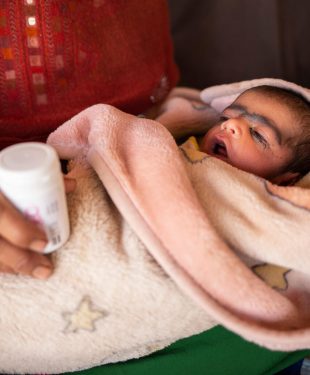
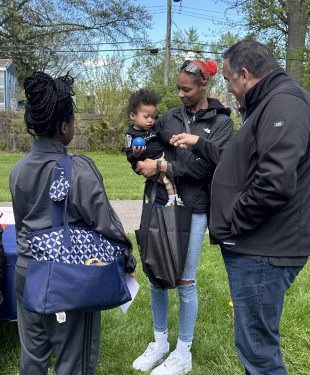

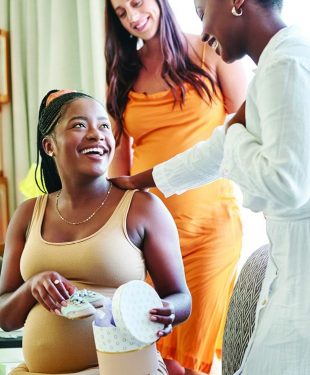
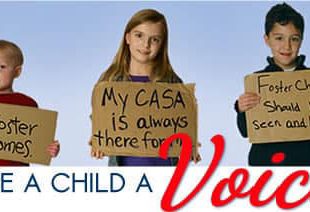
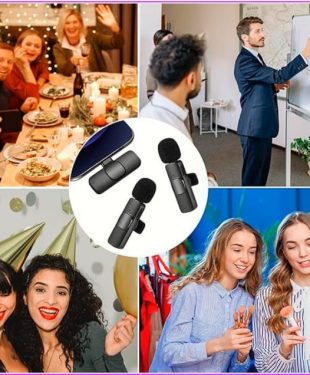
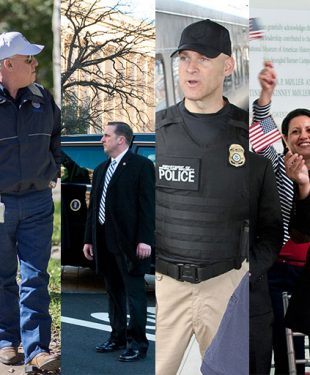
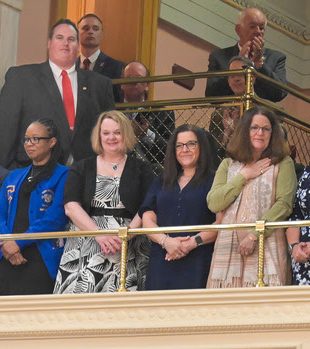


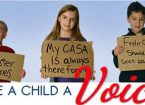







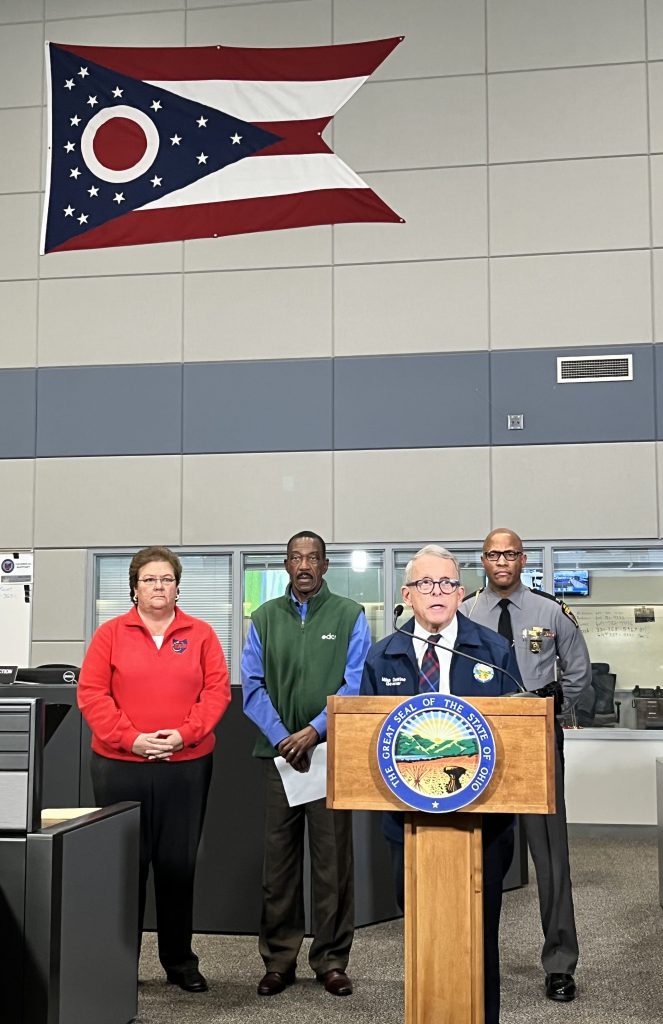


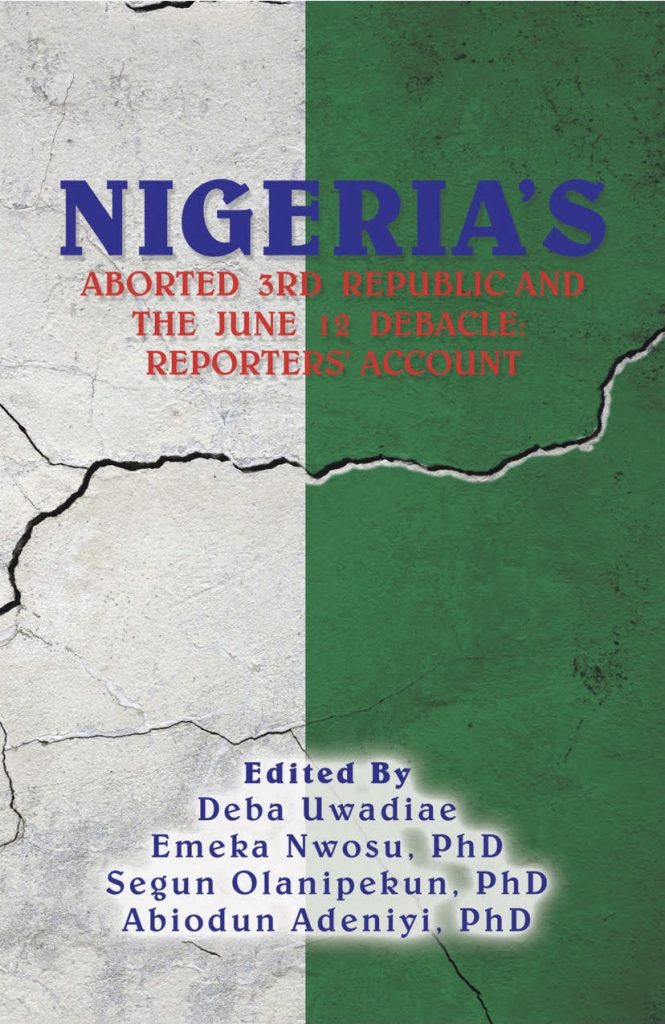

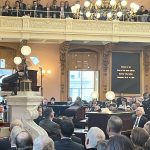
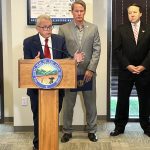


Leave a Reply
You must be logged in to post a comment.